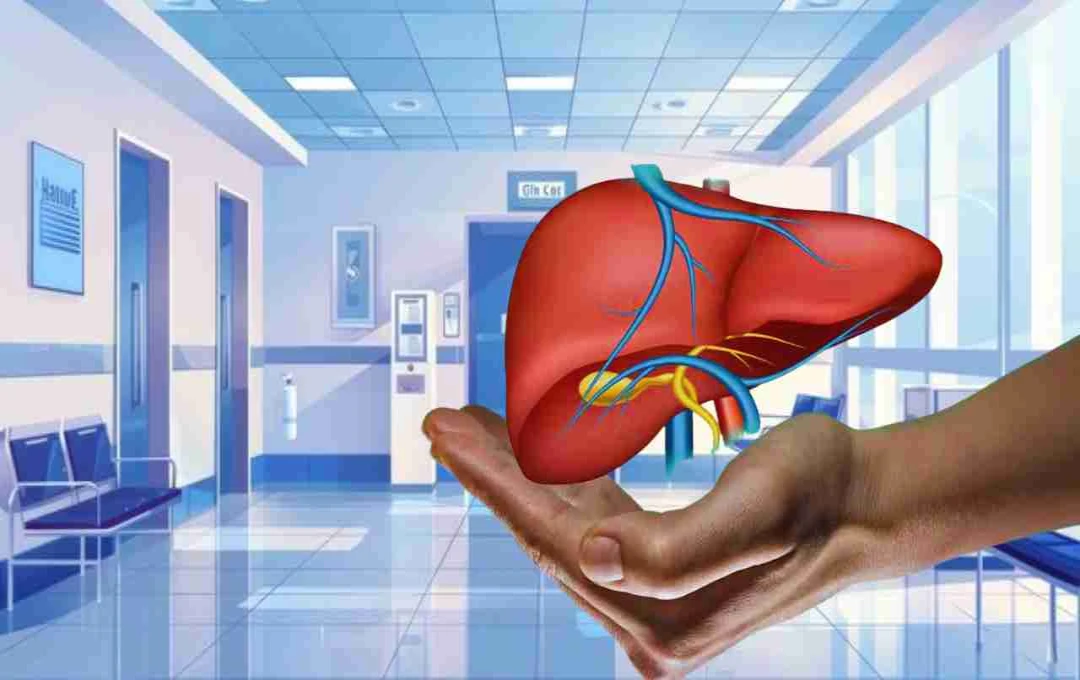Millennials may face an increased risk of colon cancer due to exposure to bacterial toxins during childhood. Recent research suggests this risk is rapidly growing among younger generations, highlighting the urgent need for preventative measures.
Colon cancer, traditionally considered a disease primarily affecting older adults, is now increasingly prevalent among millennials (aged 25-40). Recent research indicates that childhood exposure to bacteria may increase the risk of colon cancer later in life. This finding helps explain the rising incidence of the disease in individuals under 50 in recent decades.
Rising Colon Cancer Cases: What's the Cause?
Colon cancer is no longer confined to older adults; it's on the rise among younger populations. Over the past 20 years, cases of colorectal cancer in individuals under 50 have steadily increased, even doubling in each subsequent decade. While previously primarily affecting older individuals, the disease now impacts younger people.
This situation presents a serious health concern, as the rapid increase signals a new threat within our society. Understanding the cause of this shift is crucial to implementing effective preventative measures and protecting future generations.

Research on Colon Cancer
This study analyzed the genes of 981 colorectal cancer tumors from 11 countries. Researchers found specific genetic alterations in individuals diagnosed with colon cancer before the age of 40. These alterations were linked to colibactin, a toxin produced by the bacterium Escherichia coli.
Exposure to this toxin during childhood may increase the risk of colon cancer, particularly in children exposed to the bacteria before age 10.
Colibactin and Colon Cancer: Genetic Alterations and Health Impact
Colibactin is a toxin produced by Escherichia coli bacteria. This toxin can induce genetic alterations that persist in the body. These alterations may increase the risk of colon cancer later in life. According to researchers, exposure to this bacteria before the age of 10 can lead to such genetic changes.
These alterations can manifest as colon cancer in young adulthood. Ludmil Alexandrov explained that this effect can originate from childhood bacterial exposure, leading to increased cancer risk later. This research clearly indicates that toxins like colibactin can have lasting effects on our genome, potentially leading to serious diseases like cancer.
Increased Cancer Cases: Which Countries are Affected?
Recent research has identified a sharp increase in colorectal cancer cases in several countries, notably Argentina, Brazil, Colombia, Russia, and Thailand. These countries exhibit a correlation between increased cancer rates and specific gene mutations. This suggests that local environmental factors, such as pollution, diet, and lifestyle in these regions, may play a significant role in the disease's prevalence.
The research also indicates that individuals in these countries face specific environmental exposures that elevate cancer risk. Further research is therefore needed to fully understand the rising colorectal cancer rates in these regions.

Researchers' Opinions: Potential Solutions?
According to Marcos Diaz-Gay, a researcher at the Spanish National Cancer Research Centre, the rising colorectal cancer rates across different countries may stem from diverse causes. It's plausible that unique environmental or lifestyle factors in each region contribute to the disease's progression. Therefore, researchers advocate for region-specific, targeted prevention strategies rather than a universal solution.
For instance, some areas may face challenges related to diet, pollution, or other factors requiring focused attention. Thus, a tailored approach to cancer prevention in each region could effectively mitigate the risk and protect populations.
Preventing Colorectal Cancer
Protecting children from bacterial exposure during childhood is crucial in reducing colorectal cancer risk. Maintaining hygiene, adopting a healthy diet, and undergoing regular health checkups are essential. These timely measures can significantly reduce the risk. Specifically, shielding children from bacteria and prioritizing their health during childhood offers a b preventative measure against this disease. Therefore, proper childcare and nurturing can significantly contribute to preventing this dangerous illness.














